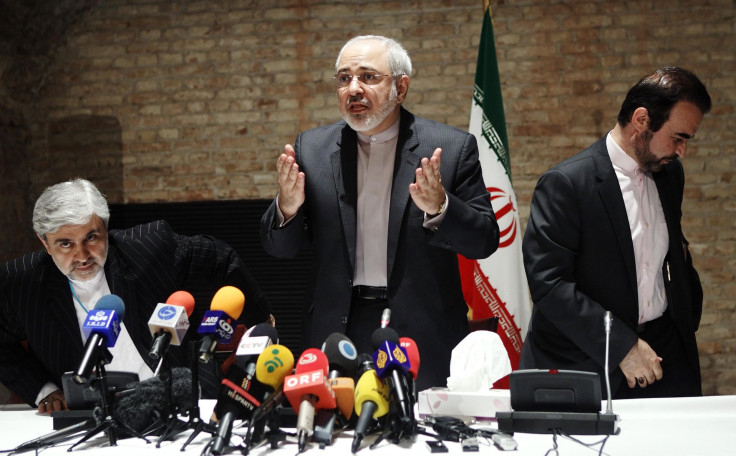Iran Nuclear Talks Given Four-Month Extension After Failing To Meet Deadline Due To 'Significant Gaps'

Iran and the six world powers negotiating over Tehran’s nuclear program agreed to a four-month extension of their talks Saturday after acknowledging they will fail to meet a deadline Sunday.
The P5+1 -- the U.S., the U.K., Russia, France and China, plus Germany -- have been attempting to convince Iran to limit its nuclear program in return for the lifting of sanctions. Diplomats said the negotiations are likely to restart in September and finish by late November, according to Reuters. The current round of talks began in Vienna in February, but the parties will be unable to conclude them successfully by the July 20 deadline they had set for them because of differences on some key issues.
“There are still significant gaps on some core issues, which will require more time and effort,” Reuters quoted Catherine Ashton, the European Union foreign-policy chief, and Mohammad Javad Zarif, the Iranian foreign minister, as saying in a joint statement. “We will reconvene in the coming weeks in different formats with the clear determination to reach agreement on a Joint Comprehensive Plan of Action [or JPOA, a long-term agreement] at the earliest possible moment,” Ashton and Zarif reportedly said.
In a statement Friday night, U.S. Secretary of State John Kerry, who visited Vienna a week ago to advance the talks, said: “It is clear to me that we have made tangible progress in our comprehensive negotiations, but there are very real gaps in some areas. Diplomacy takes time, and persistence is needed to determine whether we can achieve our objectives peacefully.”
Kerry said Iran’s nuclear program will remain halted during the next four months and “in return, we will continue to suspend the sanctions we agreed to under the JPOA and will allow Iran access to $2.8 billion dollars of its restricted assets.” Kerry also said the JPOA was a “six-month understanding that went into effect on January 20,” to ensure that “Iran does not obtain a nuclear weapon.”
According to Kerry's statement: “Iran has complied with its obligations to neutralize its stockpile of 20 percent enriched uranium; cap its stockpile of 5 percent enriched uranium; not install advanced centrifuges; not install or test new components at its Arak reactor; and submit to far more frequent inspections of its facilities.”
© Copyright IBTimes 2024. All rights reserved.











